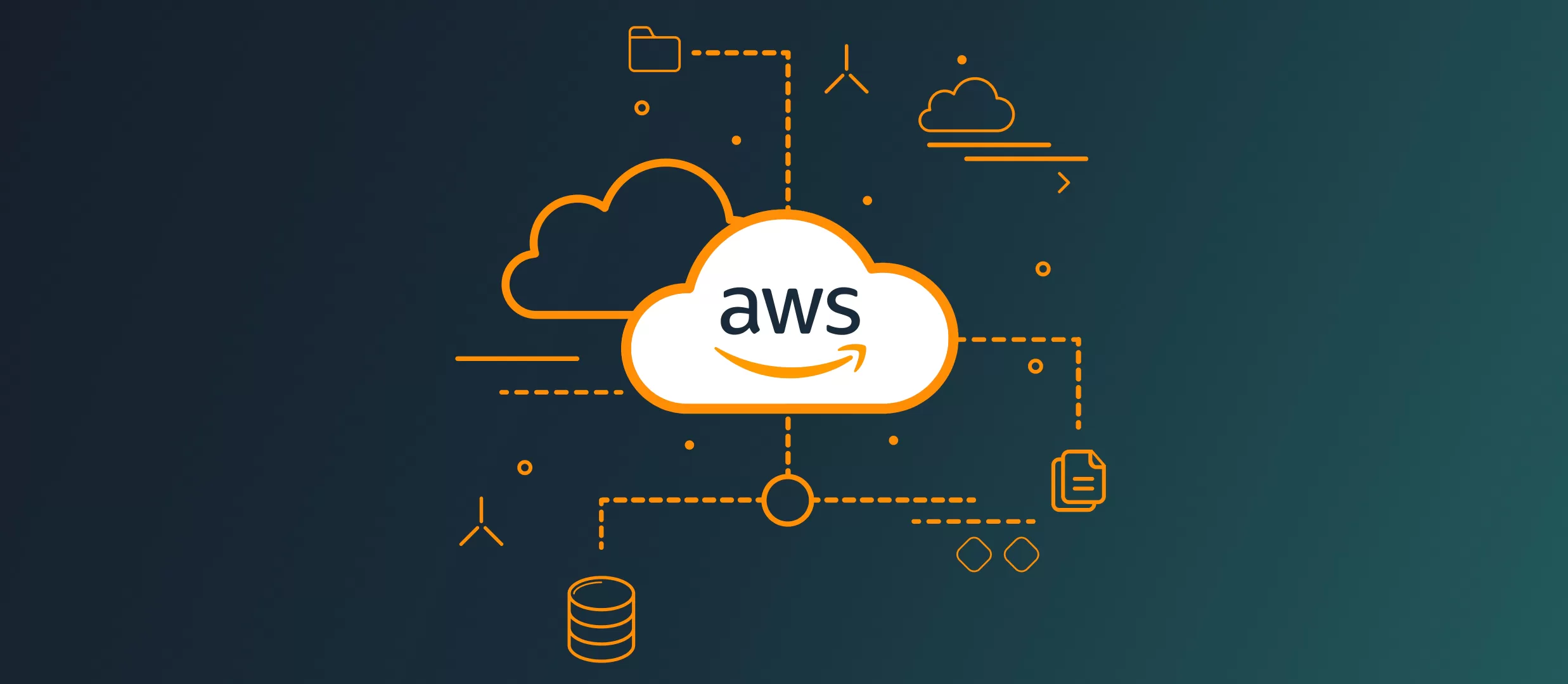Amidst the dynamic landscape of enterprise technology, migrating SAP workloads to the AWS Cloud emerges as a highly effective strategy.
Enhancing reliability, scalability, and operational agility, AWS not only optimizes performance but also significantly cuts down costs associated with running SAP systems. These costs specifically encompass:
- Hardware and software investments
- Implementation
- Continuous improvement
- Upgrade investments
- Technical support, among others
The whitepaper “Business Benefits of Running SAP Workloads on AWS,” produced by IDG, highlights that cost reduction is the primary motivator for companies to adopt this technology, with 96% of clients reporting a decrease in total cost of ownership (TCO) and an overall average savings of 26%.
According to the presented data, companies typically experience these savings in a short timeframe, within just 2 years. Among the respondents:
- 43% achieved reduced investments in hardware and software
- 37% mentioned operational savings
- 36% realized savings in continuous maintenance.
SAP itself has reported cost reduction scenarios influenced by AWS hosting ranging from 59 to 71% over a five-year lifecycle.
Practical experiences assessed in the research affirm that SAP workloads represent a significant portion of the IT budget, making optimization a crucial strategy for businesses.
AWS Cloud Pricing Models
The specific pricing models of AWS Cloud are also a relevant aspect to consider during migration. Among them, we highlight:
On-Demand: Users pay only for the computational resources they consume, without the need for long-term commitments.
This flexibility is ideal for SAP workloads with variable demand.
Reserved Instances: This model allows users to make long-term commitments (usually 1 or 3 years) to receive significant discounts compared to on-demand instances.
It’s an effective option for consistent and predictable SAP workloads.
Savings Plans: Offering a flexible approach similar to Reserved Instances, but with greater usage flexibility in terms of instances and instance families.
This benefits SAP workloads with variable requirements over time.
Dedicated Hosts: Provides dedicated physical servers, offering additional isolation.
It is an option for companies with specific compliance or performance requirements.
Beyond financial gains, AWS states that it is also possible to redirect the savings generated by these models to other initiatives, including improvements in IT operations and driving innovation.
By running SAP on AWS, companies ensure access to a comprehensive set of tools dedicated to enhancing the customer experience, including advanced AI and IoT technologies.
A significant portion of this innovation stems from feedback gathered from AWS customers, with 90% of new features and services emerging from this interaction.
Additionally, Amazon’s global infrastructure spans 25 regions and 80 availability zones, ensuring that globally operating companies are always aligned with local legal requirements and can design applications that are more tailored to each customer’s particularities.
Origen Tech’s SOLaaS is on the AWS Marketplace
Our partnership with AWS (Amazon Web Services) allows us to offer cutting-edge cloud solutions and services to our clients.
As AWS partners, our mission is to help businesses of all sizes and industries accelerate their growth. This partnership enables us to provide the solutions and services needed to power your company’s mission-critical infrastructure.
To learn more, click here.


